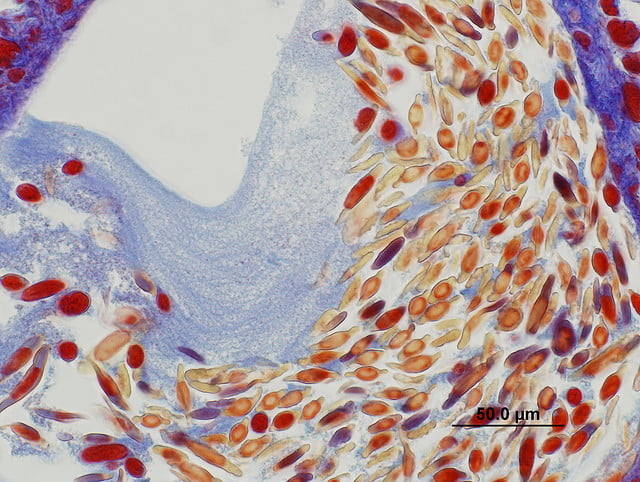With autoimmune type I diabetes requiring potentially injurious insulin injections several times a day and type II diabetes, showing a growing role for insulin-producing pancreatic islets in disease progression, researchers around the world are searching for better ways to cope.
New animal research at the Technion-Israel Institute of Technology in Haifa and Ben-Gurion University of the Negev in Beersheba offer the hope that one day, transplants of tissue from the pancreas could lead to better glucose control for diabetics.
Related Stories:
- Researchers Close To Cure For Juvenile Diabetes?
- Israeli-Developed Artificial Pancreas Tested On Diabetic Children
Prof. Shulamit Levenberg of the Technion, who has spent many years trying to create replacement human organs by building them up on a “scaffold,” has created tissue from the insulin-producing islets of Langerhans in the pancreas surrounded by a three-dimensional network of blood vessels.
The tissue she and her team created has significant advantages over traditional transplant material that has been harvested from healthy pancreatic tissue.
The insulin-producing cells survive longer in the engineered tissue, and produce more insulin and other essential hormones, Levenberg and colleagues wrote in the latest issue of the US medical journal PLOS One. When they transplanted the tissue into diabetic mice, the cells began functioning well enough to lower blood sugar levels in the mice.
Improving the odds of successful transplantation
Sign up for our free weekly newsletter
SubscribeTransplantation of islets – the pancreatic tissue that contains hormone-producing cells – is one therapy considered for people with type 1 diabetes, who produce little or no insulin because their islets are destroyed by their own immune systems.
But as with many tissue and organ transplants, donors are scarce, and there is a strong possibility that the transplantation will fail.
The well-developed blood vessel network built into the engineered tissue is key to its success, the researchers concluded. The blood vessels encourage cell-to-cell communication, by secreting growth hormones and other molecules that significantly improve the odds that transplanted tissue will survive and function normally.
…
To continue reading this article, click here.
Via The Jerusalem Post
Photo by so_fondly
Related posts

Israeli Medical Technologies That Could Change The World

Harnessing Our Own Bodies For Side Effect-Free Weight Loss

Missing Protein Could Unlock Treatment For Aggressive Lung Cancer




Facebook comments